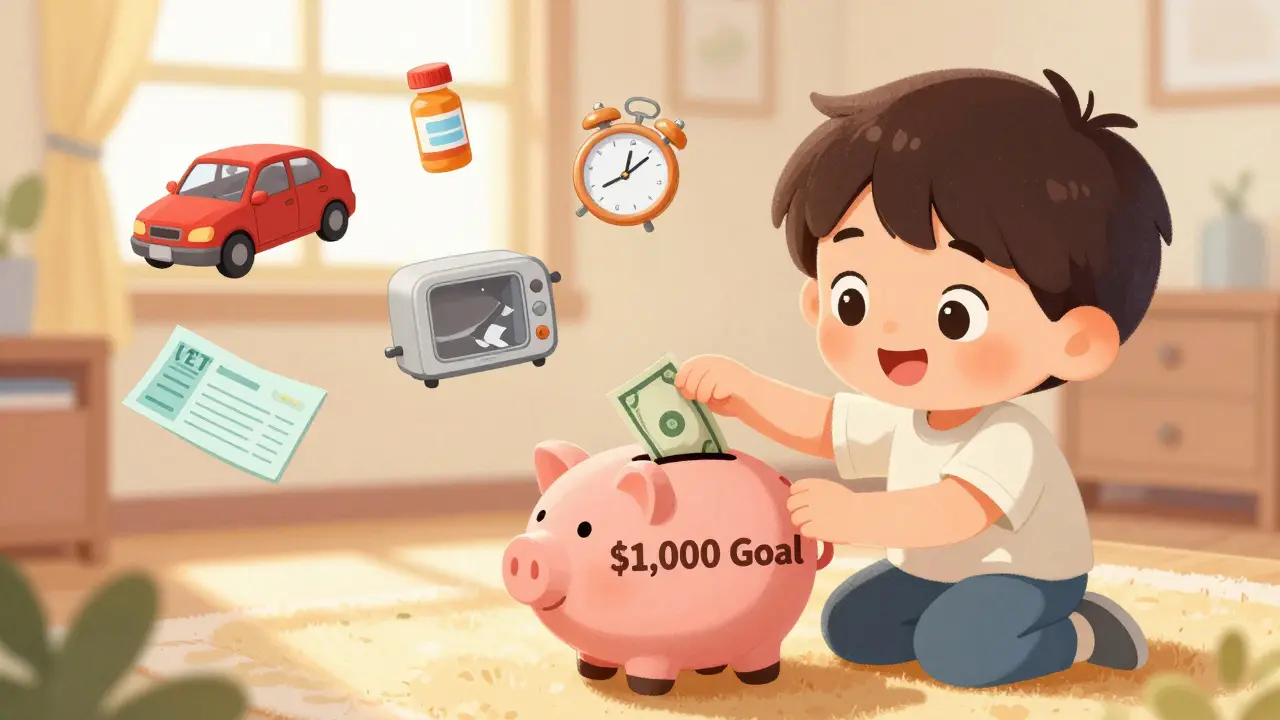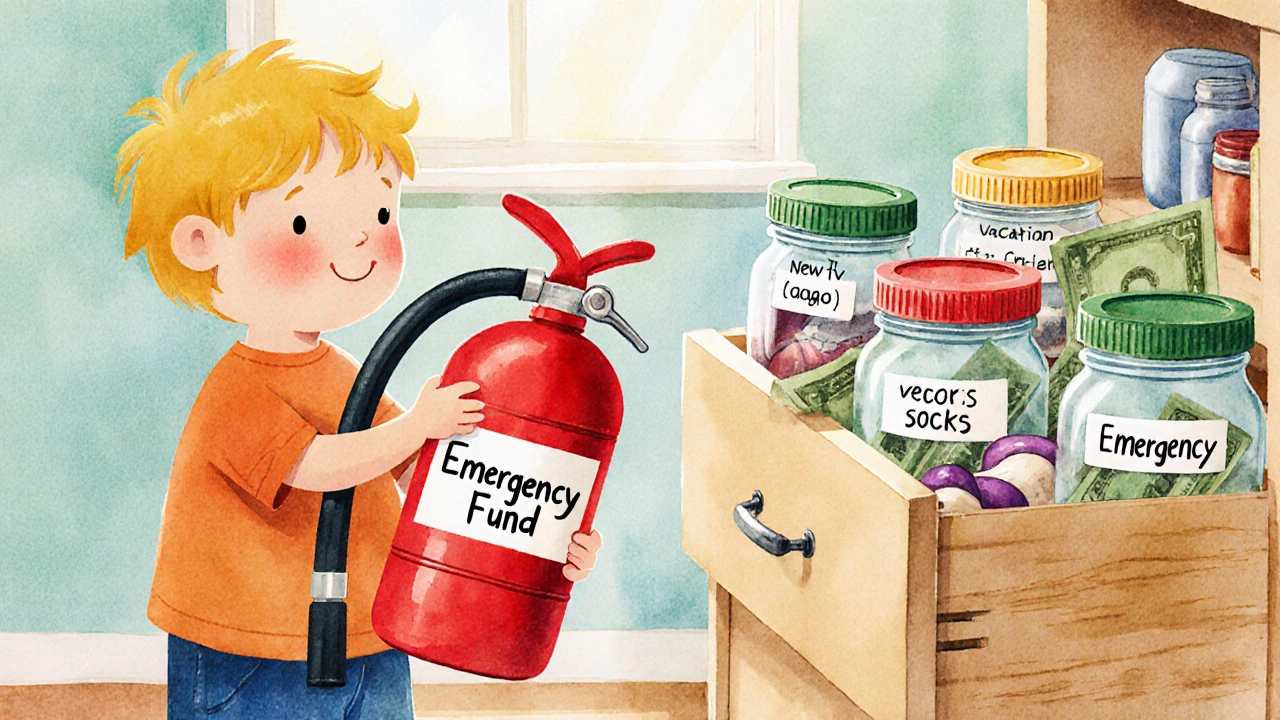Emergency Savings: How to Build a Financial Buffer That Actually Works
When life throws a curveball—a broken car, a surprise medical bill, or a sudden job loss—emergency savings, a dedicated cash reserve for unexpected expenses. Also known as a financial safety net, it’s the one thing that keeps you from drowning in debt when things go wrong. It’s not about having a fancy investment or chasing high returns. It’s about having cash you can touch, use, and trust when you need it most.
Most people think emergency savings means saving three to six months of expenses, but that’s just the starting point. What matters more is cash reserve, liquid money kept separate from everyday spending that’s easy to access without penalties. You don’t need a high-yield savings account to start—you need a separate bank account, ideally at a different institution than your checking account, so you’re not tempted to dip into it for groceries or Netflix. This isn’t about earning 5% interest—it’s about being ready when the power goes out, the transmission fails, or the doctor calls with bad news.
The real problem isn’t how much you save—it’s why you don’t save. People delay because they think they need a big paycheck, a perfect budget, or a magic app. But unexpected expenses, unplanned costs that disrupt normal spending don’t wait for you to be ready. A $500 tire replacement or a $300 vet bill can derail a month’s budget if you’re not prepared. That’s why even $100 saved this month beats $0 saved next month. Small, consistent steps beat grand plans that never start.
Look at the posts below—they don’t just talk about investing or trading. They show how real financial stability starts before you buy your first stock or crypto. Whether it’s understanding rent costs, protecting your mobile banking apps, or knowing what documents to bring to a financial advisor, every step ties back to one thing: reducing vulnerability. Emergency savings isn’t glamorous, but it’s the foundation. Without it, even the smartest investment strategy can collapse under one bad week.
Below, you’ll find real, practical advice from people who’ve been there—how to start with little, how to keep it safe, and how to make sure your cash works for you when it matters most. No fluff. No theory. Just what you need to stop living paycheck to paycheck.

